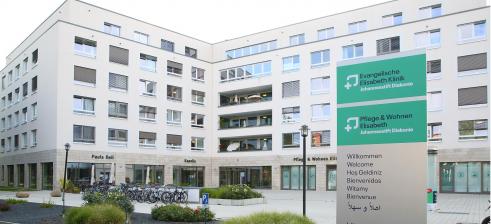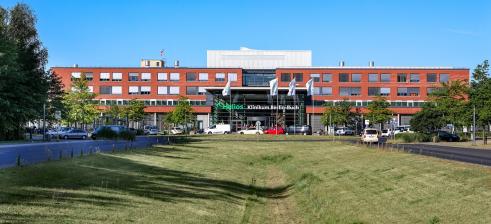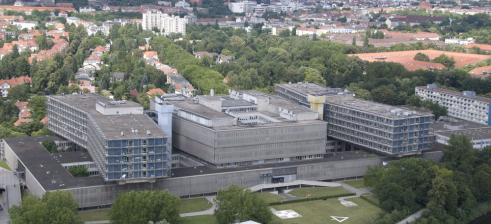General, Vascular and Visceral Surgery in Berlin

When the arms and legs do not receive a sufficient supply of blood, arteriosclerosis is often to blame – whereby deposits in the blood vessels cause them to harden and narrow. This increases the risk of vascular occlusions throughout the body, which can lead to coronary heart disease, circulatory problems in the brain or a stroke. Vascular surgery is responsible for treating the blood vessels, and encompasses conservative, endovascular and surgical procedures. These may include placing a bypass or surgery to treat an aneurysm.
Vascular and visceral surgeons work in close cooperation in most hospitals nowadays. Visceral surgery is concerned with the surgical treatment of the digestive organs and the liver, spleen and pancreas. In recent years, it has increasingly employed minimally-invasive techniques and laparoscopy. Such keyhole procedures reduce surgical trauma, shorten hospital stays and minimize the need for painkillers. In addition, later complications such as adhesions and incisional hernias are minimized.
Hospitals and doctors' surgeries
13 results
Comprehensive medical care












